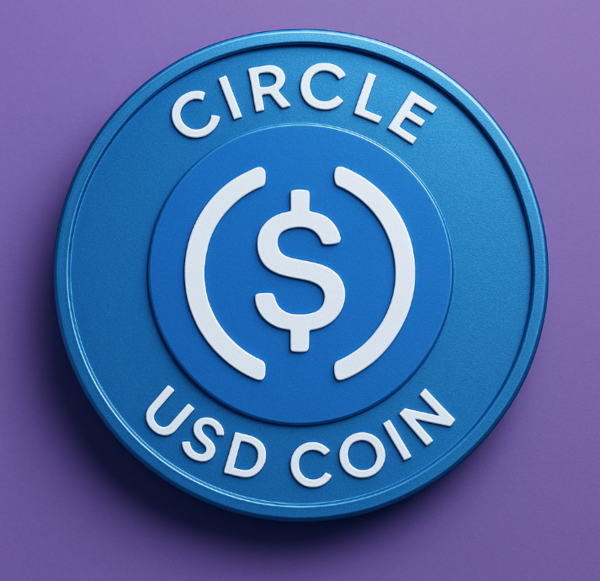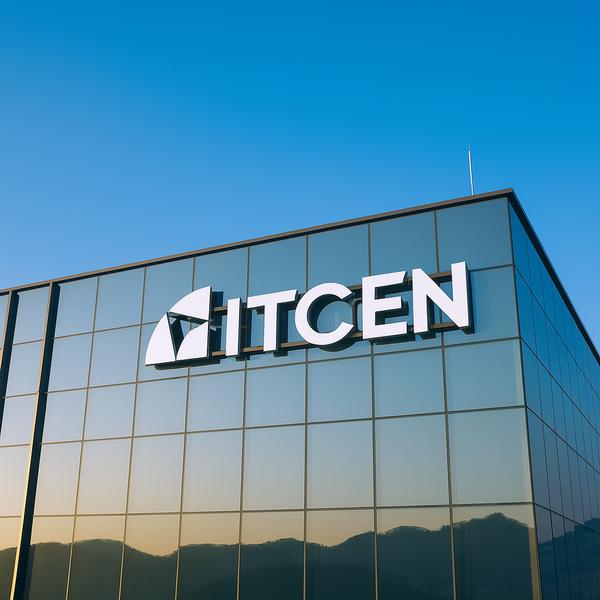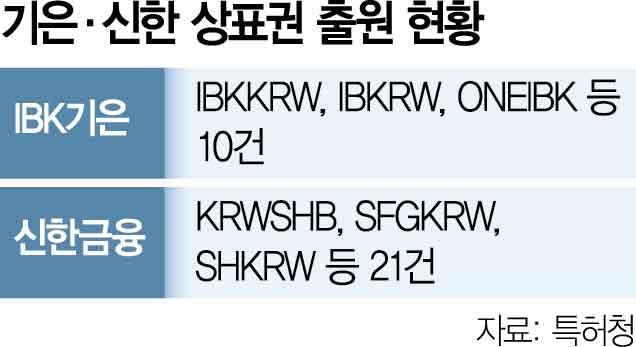
Circle (CRCL.N), the world's largest dollar-based stablecoin issuer, is accelerating its 'banking strategy' to fully integrate into the U.S. financial regulatory framework. Circle has officially applied to the Office of the Comptroller of the Currency (OCC) for a 'National Trust Bank Charter', initiating its transition from a digital asset financial company to an institutional financial institution.
The bank Circle plans to establish is called 'First National Digital Currency Bank, N.A.'. If approved, Circle can directly manage its reserves (such as USDC) and provide digital asset custody services to institutional clients. However, unlike traditional banks, deposit-taking and lending functions will not be permitted.
Circle's decision is interpreted as a strategic choice to reduce regulatory uncertainty and enhance credibility in the financial market. It aims to move into a clear regulatory framework under the OCC, away from direct regulation by the SEC or Federal Reserve. The move is seen as demonstrating a commitment to enhancing transparency and compliance as a publicly traded company.
Currently, Anchorage Digital is the only company to have received a national trust bank charter in the United States. If approved, Circle will become the second such case.
This application is closely tied to Circle's business model transformation. Currently, Circle is the issuer of the dollar-pegged stablecoin USDC, with reserves held by BNY Mellon and managed by BlackRock. The reserve assets are primarily composed of ultra-low-risk assets such as short-term government bonds, repurchase agreements, and cash.
However, upon obtaining a trust bank charter, Circle will be able to manage its reserve assets internally. Along with this, it plans to fully enter the digital asset custody service market for institutional investors. Particularly, expansion of blockchain-based securities (tokenized stocks, bonds, etc.) custody and management services is likely to be discussed.
This move is closely related to the Stablecoin Regulation Act (GENIUS Act) currently being discussed in the U.S. Congress. If the bill passes, stablecoin issuers will be legally required to maintain liquid asset collateral and disclose monthly reserve details. Circle is proactively responding by enhancing voluntary transparency and aiming for institutional financial institution status.
The market has mixed evaluations of Circle's strategic moves. Circle went public on the New York Stock Exchange in early June with a market capitalization of about $18 billion, and its stock price has since more than doubled, sparking 'overvaluation controversy'.
Major securities firms like Barclays, Bernstein, and Canaccord continue to maintain a 'buy' recommendation, suggesting a target price of over $200. In contrast, JP Morgan and Goldman Sachs are taking a more cautious view, citing valuation concerns.
An industry insider noted, "If Circle receives a trust bank charter, it will enable various revenue models such as stablecoin reserve management, institutional custody, and tokenized asset management," adding that "this will be a turning point for USDC's integration into the U.S. financial infrastructure".







